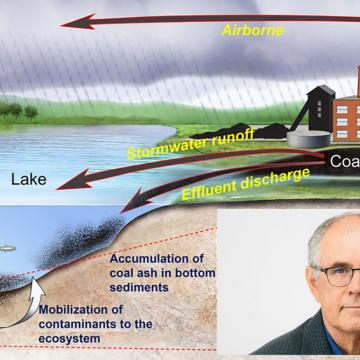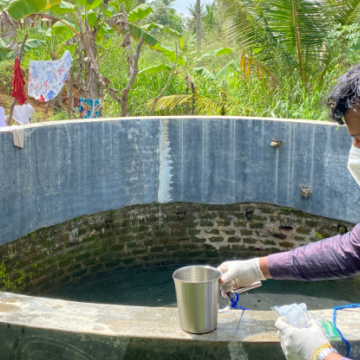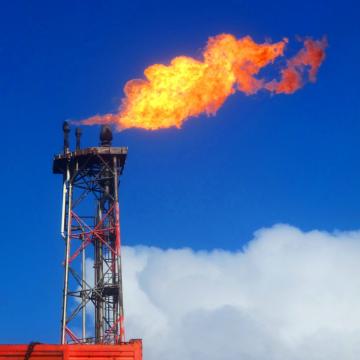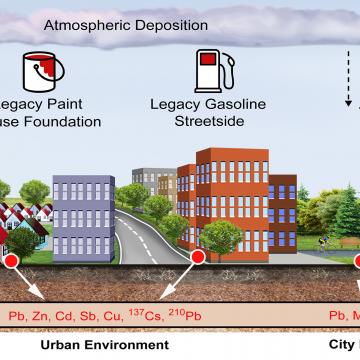-
NewsPeople in areas where drinking water is contaminated with PFAS often want to know their PFAS blood levels but have trouble gaining access to reliable testing, which traditionally involves having their blood drawn by a medical professional.
-
NewsMalaria control programs in Amazonian Peru helped reduce the incidence of the deadly parasitic disease by 78%. That is, until the programs ceased to operate.
-
News72% of Earth’s largest companies have pledged to reduce their plastic waste. A new study surveys what they’re doing (or not) to fulfill those promises.
-
NewsA new analysis by researchers from 15 institutions evaluates barriers that have hindered the implementation of early warning systems intended to help local health officials predict and proactively respond to outbreaks of climate-related diseases in the Tropics. The researchers use knowledge and tools from the field of implementation science to propose a four-step, science-based framework for overcoming these barriers and enhancing the success of the early warning systems.
-
NewsThe five-year grant renewal will support five new or newly refocused research projects investigating the long-term health impacts of early-life exposures to polycyclic aromatic hydrocarbons (PAHs) and toxic metals such as lead, which are two of the most common classes of hazardous contaminants found today in areas with a legacy of industrial pollution.
-
NewsToxins in lake bottom may become available to food web
-
NewsResearchers at Duke University have received a $248,000 grant from the U.S. Environmental Protection Agency to study PFAS exposure risks in the home environment.
-
NewsFirefighters have a 9 percent higher risk of being diagnosed with cancer and a 14 percent higher risk of dying from the disease than the general adult U.S. population, according to studies by the National Institute of Occupational Safety and Health and other agencies.
-
NewsSlashing emissions of carbon dioxide by itself isn’t enough to prevent catastrophic global warming, a new study shows. But if we simultaneously also reduce emissions of methane and other often overlooked climate pollutants, we could cut the rate of global warming in half by 2050 and give the world a fighting chance.
-
NewsKate Hoffman, an assistant research professor at Duke University’s Nicholas School of the Environment, has received a $3.4 million grant from the National Institutes of Health to study the impact of early-life exposures to semi-volatile organic compounds (SVOCs) on neonatal and early childhood immune function.
-
NewsDuke researchers implement a large water sampling campaign in rural Sri Lanka, aiming to discover the origins of a cluster of chronic kidney disease cases.
-
NewsUsing satellite images, scientists have detected hundreds of very large and previously unreported methane releases at oil and natural gas production sites across the globe.
-
NewsScientists, led by alumna Jacqueline Gerson PhD'21 and faculty member Emily Bernhardt, recorded the highest levels of atmospheric mercury pollution in the world in a pristine patch of the Peruvian Amazon
-
NewsThe anti-fogging sprays and cloths many people use to prevent condensation on their eyeglasses when wearing a mask or face shield may contain high levels of per- and polyfluorinated alkyl substances (PFAS), a new Duke University-led study finds.
-
NewsBy distinguishing between lead from modern sources and lead from pre-1970s vehicle exhaust fumes and leaded paint, the new test may be especially useful for assessing the hidden risks of legacy contamination.












